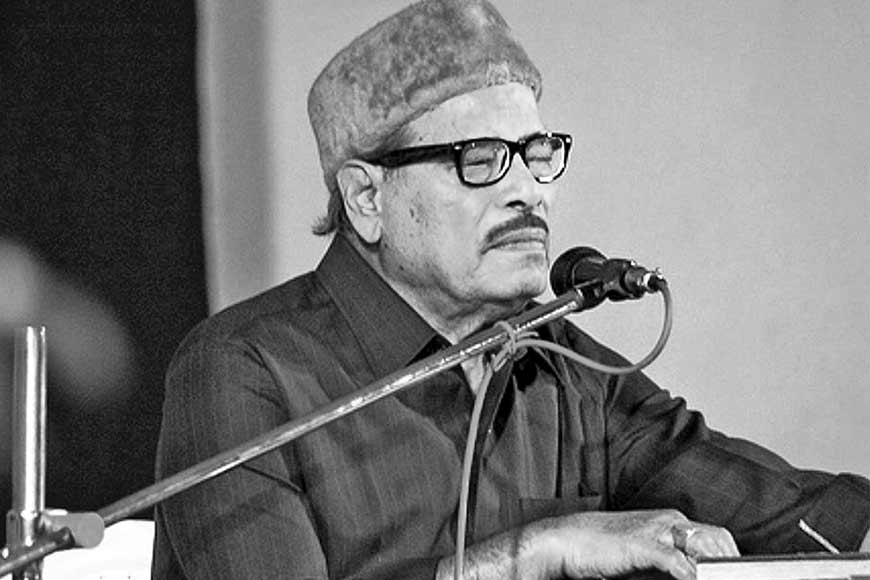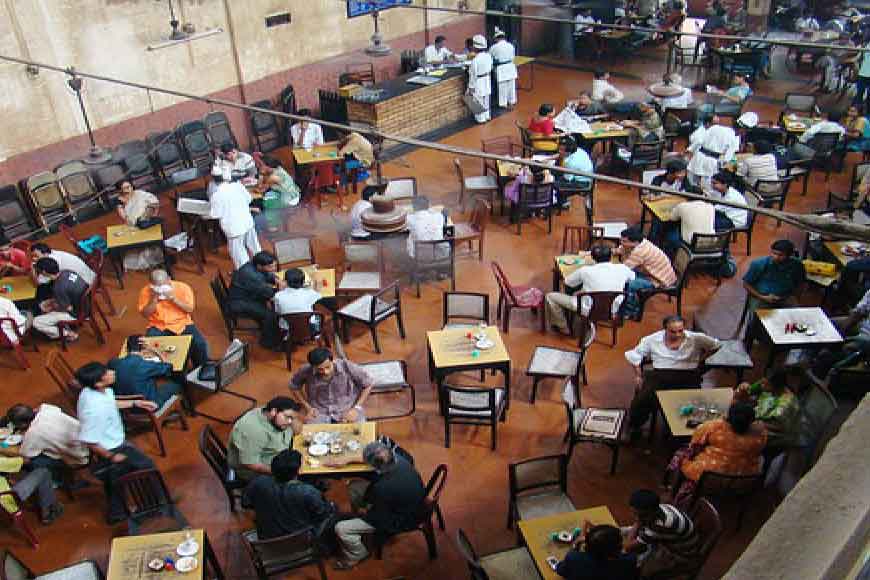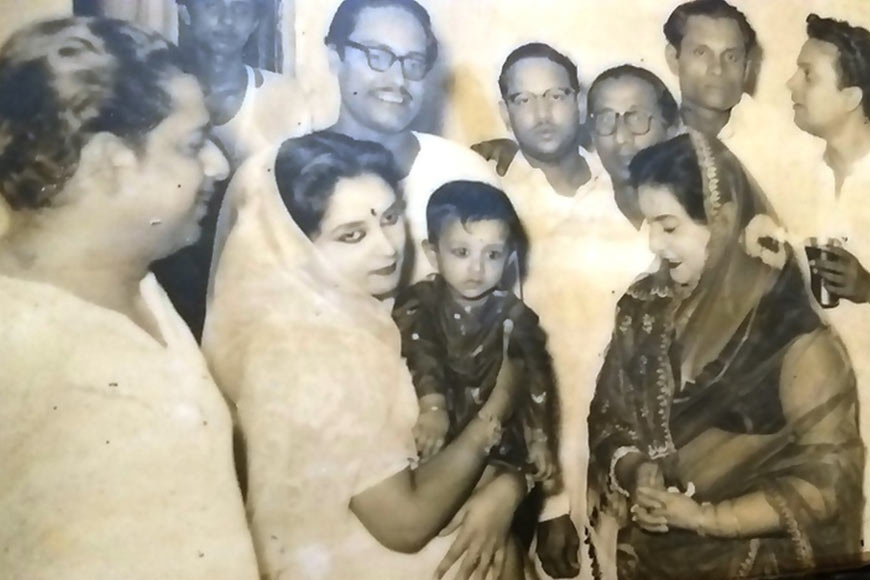How Manna Dey’s immortal Coffee Houser Sei Addata was born

Nikhilesh, Moidul, D’souza, Rama Ray, Amal, Sujata. For close to four decades, these names have been an integral part of the cultural life of Bengal. These are the names from the ‘Coffee House’ of our dreams, the friends who formed the backbone of the song written by Gouriprasanna Majumdar, which Manna Dey sang in 1983. Even a cursory YouTube search will tell you how ‘Coffee Houser Sei Addata’ has lost none of its shine, and will probably never be removed from the list of 10 best Bengali songs of Manna Dey.
Prabodh Chandra ‘Manna’ Dey would have been 102 today, and Gouriprasanna would have been 97 this year. However, the third pillar of the song, who is very much alive and well, is its composer.
When Suparna Kanti took the song to Manna Dey, the startled singer asked, “How can this be a song? How will you set these words to music?” To which the young composer replied, “Well I have set them to music, see if you like it.
In 1983, Suparna Kanti Ghosh was in his early 20s, studying for his MCom final exams. Son of legendary Bengali composer Nachiketa Ghosh, Suparna Kanti was always ‘Khoka’ (Bengali for little boy) to his Manna kaka (uncle) and Gouri kaka. However, as early as 1978, he had begun to emerge from the shadow of his famous father, having composed yet another iconic Manna Dey hit, ‘Shey Amar Chhoto Bon’, which became an overnight sensation. This was followed by other relatively lesser hits such as ‘Sara Jiboner Gaan’ and ‘Khela Football Khela’.

During an informal chat in his Tollygunge flat a couple of years ago, Suparna Kanti told me the story of how the immortal ode to Kolkata’s Coffee House came to be. Clearly, it was a story he had told many times. “All my hits until that point had been sung by Manna kaka. It was he who would call and give me work, never the other way round. And that had always bothered me,” he said. “I was even composing for films by then, but had not really been able to give Manna kaka that one outstanding hit.”
His opportunity came unexpectedly. In 1983, the Ghosh’s were living in New Alipore, and Suparna Kanti was rehearsing a song with vocalist Shakti Thakur. Simultaneously, he was also studying for his exams, while his sisters learned arithmetic from Thakur. Into this cosy circle walked Gouriprasanna, and asked, “Where’s Khoka? Oh, inside? Chatting and smoking, is he?” ‘Khoka’ heard, as he was probably meant to, and came out of his room.
 Suparna Kanti in his mother's lap on the day of his rice ceremony. Uttam Kumar and Gouriprasanna are also spotted in the frame. - Image courtesy: Suparna Kanti Ghosh
Suparna Kanti in his mother's lap on the day of his rice ceremony. Uttam Kumar and Gouriprasanna are also spotted in the frame. - Image courtesy: Suparna Kanti Ghosh
Also read : Celebrating 100 years of Manna Dey!
The next bit of the story may be familiar to many, but briefly, stung by Gouri kaka’s ‘chatting and smoking’ jibe, Suparna Kanti challenged him to write a song about the quintessential Bengali ‘adda’, with particular reference to the world renowned Coffee House. And Gouriprasanna rattled off the first two lines verbally, on the spot. The next morning, his agitated wife called Suparna Kanti. “What is this song you have asked your kaka to write? He’s been up all night. You know he’s ill, please don’t make him do this again.”
In 1983, Suparna Kanti Ghosh was in his early 20s, studying for his MCom final exams. Son of legendary Bengali composer Nachiketa Ghosh, Suparna Kanti was always ‘Khoka’ (Bengali for little boy) to his Manna kaka (uncle) and Gouri kaka.
But it didn’t end there. Because Suparna Kanti wanted a final stanza. “To me, it felt as though the song lacked a climax. Gouri kaka flew into a rage and asked me, ‘So now I have to learn songwriting from you, is that it’?” Suparna Kanti laughed.
About 10 days after their argument, a man arrived at the house carrying an empty cigarette packet, which bore the timeless lines that began, ‘Shei saat jon nei aaj table ta tobu achhe…(the seven have gone, but the table remains)’. Suparna Kanti had his final stanza. Sitting in a train at Howrah station, bound for Bombay, the lines had suddenly come to Gouriprasanna. And because he couldn’t find any paper, he had scribbled them down on his empty cigarette packet and sent it off to Khoka.
When Suparna Kanti took the song to Manna Dey, the startled singer asked, “How can this be a song? How will you set these words to music?” To which the young composer replied, “Well I have set them to music, see if you like it.” Eventually, the song was recorded in Bombay.
Did he know he was about to create history? “Not at all,” said Suparna Kanti. I paid the same attention to this song as I did to all the others.”
Time, however, has proved that this song would not be like the others. It would conquer time, just as its singer, lyricist, and composer have done.











